
Iran, Russia to Increase Customs Cooperation
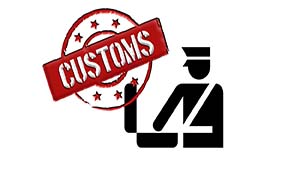

Directors of customs offices of Iran and Russia signed a cooperation document in Moscow on Wednesday to fight smuggling and customs breaches.
Under the terms of the agreement, Tehran and Moscow will cooperate on the fight against customs breaches between 2019 and 2021.
After the signing ceremony, Director of Iran’s Customs Office Mehdi Mir-Ashrafi expressed hope that customs cooperation between the two countries will increase day by day.
Prior to signing the document, the two sides exchanged views on facilitating trade and customs cooperation, including exchange of electronic information and facilitating activities of the two countries' business people.
Earlier in mid-October, Head of Institute of Standards and Industrial Research of Iran (ISIRI) Nayerh Pirouzbakht announced that Iran and Russia are working hard on setting common standards to boost economic cooperation.
The Iranian official said that the move is aimed at further bolstering mutual trades and commercial relations between Tehran and Moscow.
According to the ISIRI Head, enhancing mutual trades requires common standards, and the two sides are studying various options and potentials to pave the way for greater cooperation.
"Constant negotiations are underway between the Islamic Republic and the Russian Federation to find the best approaches to reach common standards", she recounted.
Referring to the long-term strategic ties between the two countries, Pirouzbakht said, establishing joint laboratories are among the ideas proposed by the Russian side to achieve the goal.
To do so, Russians are eyeing to use some of the Iranian modern laboratories in the private sector, she said, adding that Iran is also following a similar approach toward Russian laboratories.
Pirouzbakht added that formulating similar standards can help reduce goods inspection period in the borders, which would lead to acceleration and promotion and trades between the two states.
Pointing to the impending US sanctions, the official reiterated that such measures will also help increase the share of Iranian goods in the international market.
Expansion of Iran-Russia relations has gone smoothly in the past years as the two sides have held a wide gamut of ties in the fields of energy, rail and aviation industries.
Iran exported close to $300 million worth of non-oil goods to Russia during the past Iranian year (March 2017-2018).
Food products accounted for 70% of the exports to the northern neighbor. Metal, cement, chemical materials and minerals were among other commodities exported from Iran to Russia. Reportedly, 14 Iranian chambers have offices in Russia.
In the last several years, Iran and Russia have had vast cooperation in different fields, especially in political and economic spheres.
The two states also enjoy special positions on the international scene and have long had constant and regular consultations on key regional and global issues.
On November 23, President Putin arrived in Tehran to meet Iran's top officials and participate in the Gas Exporting Countries Forum (GECF) conference.
Upon arrival in Iran, he rushed to meet Supreme Leader of the Islamic Revolution Ayatollah Seyed Ali Khamenei and the meeting lasted for two hours. Then later in the day he met with his counterpart President Rouhani and the two presidents then attended a press conference.
Also on November 23, high-ranking Iranian and Russian officials inked 7 cooperation Memoranda of Understanding (MoU) in the presence of President Rouhani and President Putin.
One of the documents endorsed by Iranian and Russian top diplomats Mohammad Javad Zarif and Sergei Lavrov eased visa requirements for reciprocal visits by the two countries' nationals.
The other documents and MoUs were related to the health, railway, banking, insurance, electricity, power plant, water and energy sectors.


Uzbek gold miner said to eye $20 billion value in dual listing

Peabody–Anglo $3.8B coal deal on the brink after mine fire

A global market based on gold bars shudders on tariff threat

Minera Alamos buys Equinox’s Nevada assets for $115M

SSR Mining soars on Q2 earnings beat

Century Aluminum to invest $50M in Mt. Holly smelter restart in South Carolina
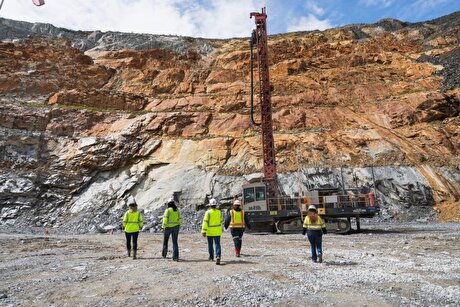
OceanaGold hits new high on strong Q2 results
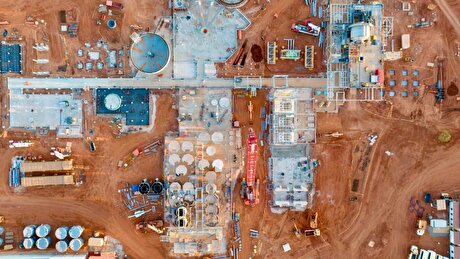
Australia to invest $33 million to boost Liontown’s Kathleen lithium operations
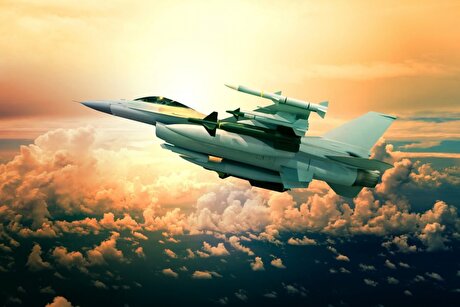
China limits supply of critical minerals to US defense sector: WSJ
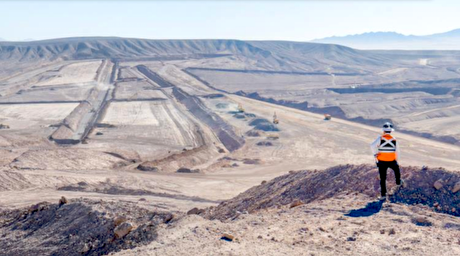
Antofagasta posts biggest profit margins since 2021
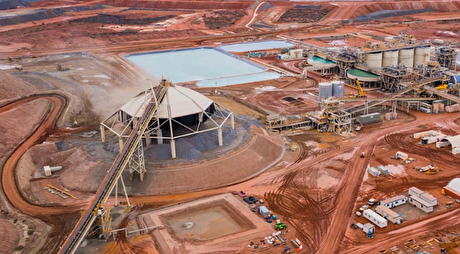
Gold Fields nears $2.4B Gold Road takeover ahead of vote

US startup makes thorium breakthrough at Department of Energy’s Idaho National Lab

Cleveland-Cliffs inks multiyear steel pacts with US automakers in tariff aftershock
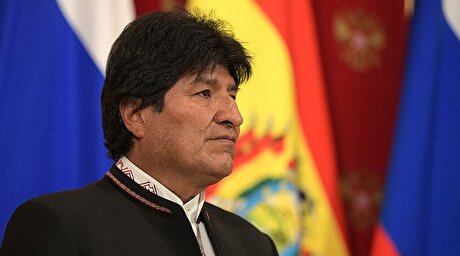
Bolivia election and lithium: What you need to know

Samarco gets court approval to exit bankruptcy proceedings
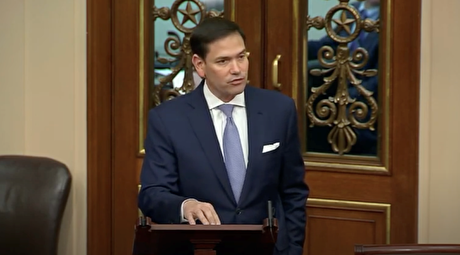
US eyes minerals cooperation in province home to Reko Diq
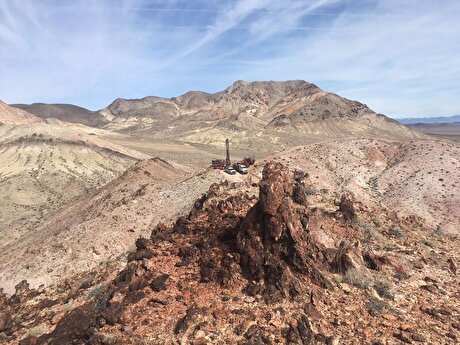
Allegiant Gold soars on 50% financing upsize

Explaining the iron ore grade shift

Metal markets hold steady as Trump-Putin meeting begins

Antofagasta posts biggest profit margins since 2021

Gold Fields nears $2.4B Gold Road takeover ahead of vote

US startup makes thorium breakthrough at Department of Energy’s Idaho National Lab

Cleveland-Cliffs inks multiyear steel pacts with US automakers in tariff aftershock

Bolivia election and lithium: What you need to know

Samarco gets court approval to exit bankruptcy proceedings

US eyes minerals cooperation in province home to Reko Diq

Allegiant Gold soars on 50% financing upsize

Explaining the iron ore grade shift














